Lesbians raped and accused of witchcraft in Cameroon
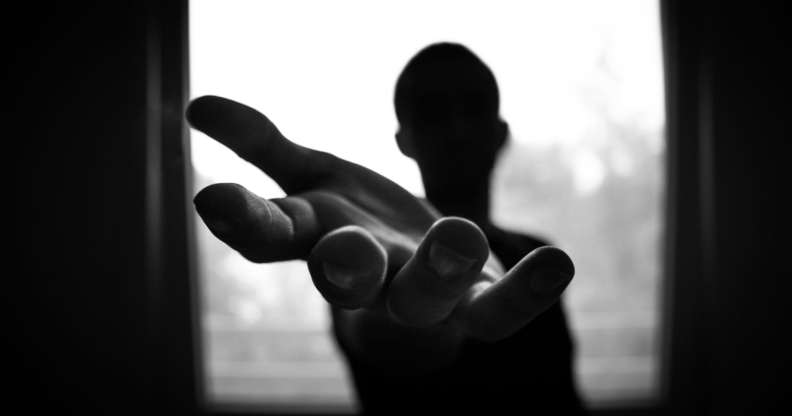
One lesbian was chained up and raped by her husband (Pexels)
Lesbians in Cameroon have spoken out about being chained up, tortured and gang-raped to ‘cure’ their homosexuality.
Dozens of people in Cameroon were arrested for being gay in May before being interrogated and tortured, and a new report from the Thomson Reuters Foundation has revealed the extent to which queer women in the country also suffer.
When she was 14, Viviane—who was then living in the capital, Yaounde—accepted that she was attracted to other girls. She thought she must have been bewitched.
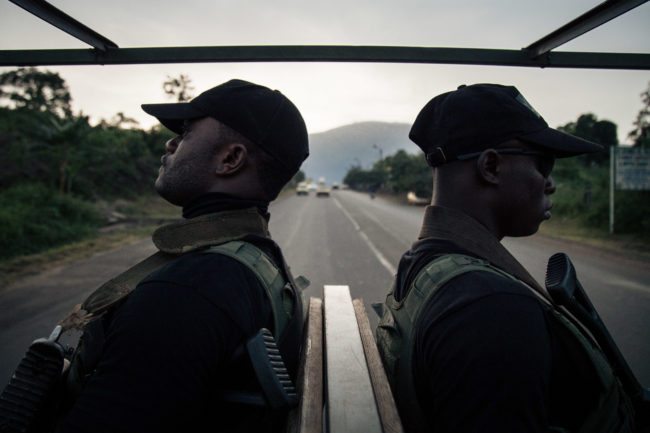
Many victims of corrective rape in Cameroon don’t believe they can find justice (ALEXIS HUGUET/AFP/Getty)
“I didn’t see girls like everyone else — I thought it was a bad spirit that had invaded me,” she told the news organisation from France, where she sought asylum with her girlfriend.
“So I started praying to make it go away.”
The prayer did not work and eventually Viviane started dating a girl. When her family found the explicit messages they had exchanged, they beat and lashed her.
Viviane said her brothers and aunt forced her to see their village’s local ‘witch doctor,’ who made her drink chicken blood and shoved a hot pepper up her anus in order to ‘cleanse’ her.
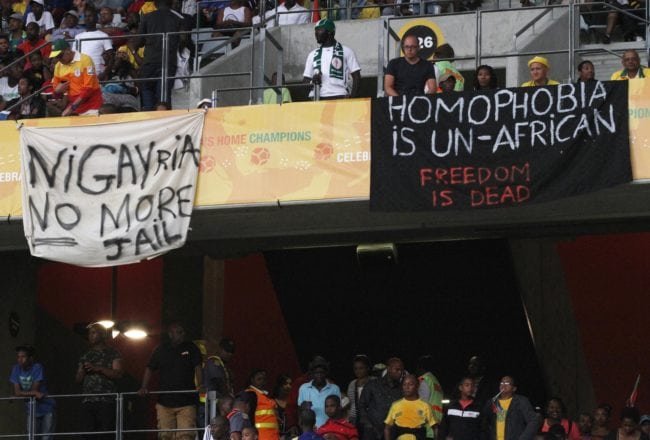
Despite campaigners’ hard work, progress is slow (Shaun Roy/Gallo Images/Getty)
Her family then tried to ‘save the family name’ by marrying her off to a church pastor more than three decades her senior.
At the age of 18, Viviane says she was chained to a wall and brutally raped by the man who her relatives had forced her to wed.
Viviane said that “there was no discussion” about the marriage beforehand, with a dowry given to the family by the pastor before she had been told it was happening.
“To them, I was like a necklace they sold,” she said.
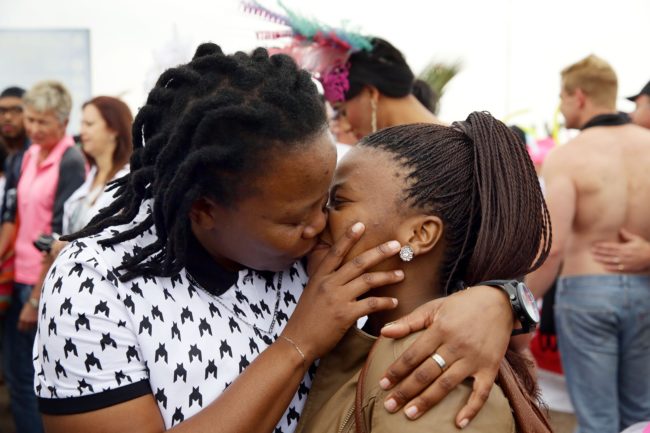
Lesbians kissing in South Africa, where same-sex marriage is legal (Photo by RAJESH JANTILAL/AFP/Getty)
Reporting her rapist to the police would have been pointless, she explained.
“A pastor in Cameroon is like a god,” said Viviane.
“God can’t rape. And if you accuse him of rape, you’re the devil.”
So-called corrective rape is common across the world, especially in countries like Cameroon, where being gay is illegal and punishable by death.
In July, a lesbian in South Africa wrote a heartbreaking Twitter thread detailing how she was raped by her father and uncle at the age of 15 in order to ‘make her straight.’
Balkissa Ide Siddo, Amnesty International’s central Africa researcher, told PinkNews that queer women in Cameroon were in constant danger, saying: “The situation in Cameroon for lesbians and anyone who doesn’t identify as heterosexual is extremely dire.
“Same-sex relations are against the law and socially unacceptable, and people who are — or are believed to be — lesbian or gay are commonly subject to vigilante attacks, beating and forms of torture.
“A courageous opposition to the supposed ‘traditional’ view of sexual orientation is growing, but activists in the country have to put themselves in extremely dangerous circumstances — facing intimidation, violence, threats and even death — for their work defending LGBTI rights.”
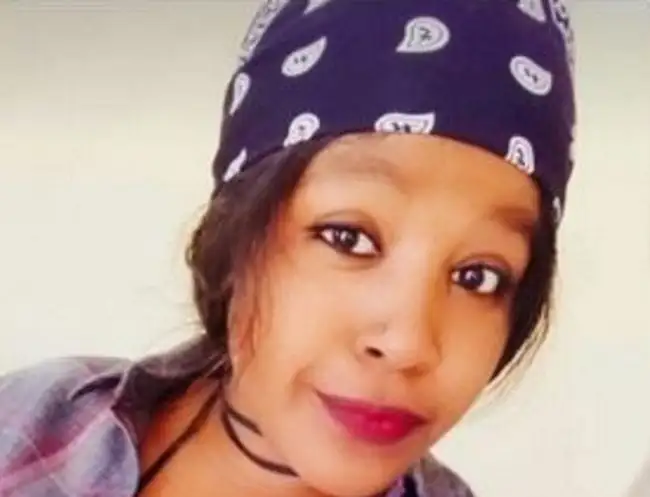
Her father used the Bible to justify him raping her (smoochie_dk/twitter)
Frederique, who still lives in Yaounde and campaigns for LGBT+ rights in Cameroon, told the Thompson Reuters Foundation she was gang-raped by a taxi driver and another man in 2016.
She left an LGBT+ workshop in the capital and hailed a taxi, but the driver picked up another passenger before taking her to a deserted area of the city, where they both raped her while calling her a lesbian and a witch.
She also did not report the assault. “If I had reported it, I would’ve been seen not as a victim but rather as someone who deserved what had happened,” she said.
Neela Ghoshal, Human Rights Watch’s senior researcher in LGBT Rights, told PinkNews that the lack of legal protection afforded queer people in Cameroon emboldens others to attack them.
“Cameroon’s law prohibiting consensual same-sex relations, which is used regularly to arrest both women and men, also serves as a pretext for members of the public to take the law into their own hands,” said Ghoshal.
“Human Rights Watch and its partner organisations have documented brutal cases of violence against lesbians, along with gay, bisexual and transgender people, in Cameroon.
“Ultimately, the government has a responsibility to end this violence by repealing the law and ensuring protection to all Cameroonians regardless of their sexual orientation or gender identity.”
This article has been updated to include a comment from Balkissa Ide Siddo.

